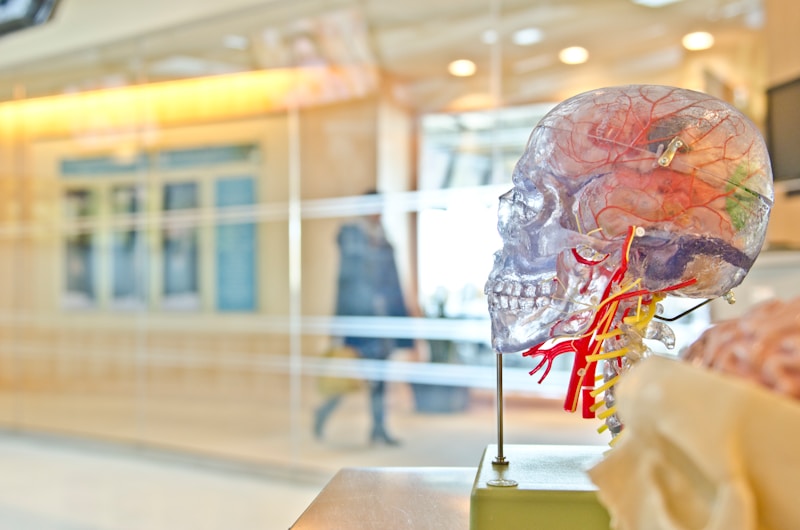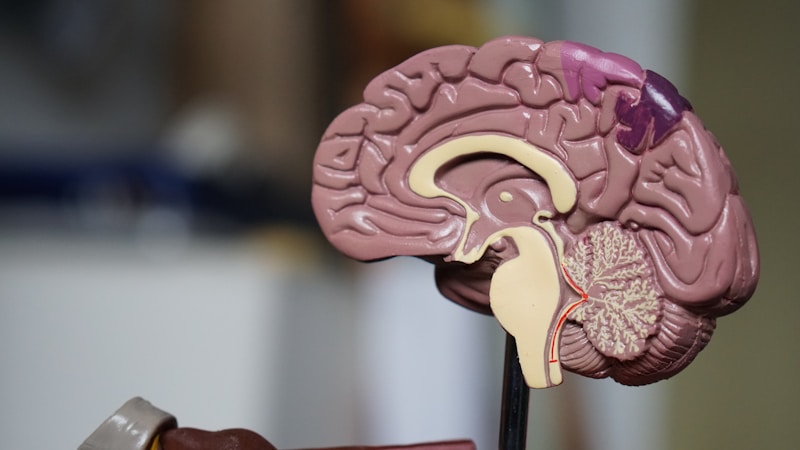Podcast Beta
Questions and Answers
What is one of the main drawbacks mentioned in the text regarding high-tech diagnostic tools such as EEG and X-ray?
In what way does the text suggest that different disciplines like neurology, psychiatry, and psychology are interconnected?
Why is it mentioned that a neuropsychologist needs training in anatomy, physiology, and pathology of the nervous system?
What distinguishes a neuropsychologist from other professionals in the field of psychology?
Signup and view all the answers
What role does a neuropsychologist play when high-tech diagnostic tools fail to provide adequate information?
Signup and view all the answers
What is the main focus of neuropsychology?
Signup and view all the answers
Why did neuropsychology emerge as a field after World War II?
Signup and view all the answers
What is the significance of studying localization in neuropsychology?
Signup and view all the answers
Which scientific disciplines contribute to the foundation of neuropsychology?
Signup and view all the answers
Why is clinical neuropsychology important?
Signup and view all the answers
Study Notes
Definition of Neuropsychology
- Neuropsychology is the science that studies the relationship between behavior and the brain.
- It studies the relationship between brain functions and behavior.
Interdisciplinary Approach
- Neuropsychology draws information from multiple sciences, including anatomy, biology, pharmacology, and physiology.
Importance of Studying Neuropsychology
- Neuropsychology emerged as a response to the increase in brain injuries during World War II.
- It is essential for assessing the behavioral effects of brain injuries.
Localization of Brain Functions
- Each brain region has a specific function, which is a core aspect of neuropsychology.
- Determining behavioral changes requires determining the location of the organic brain injury.
Diagnostic Methods
- Diagnostic methods include Plain X Ray, MRI, CT scan, Electroencephalography (EEG), and others.
- These methods vary in precision, and some may be harmful or pose risks to the patient.
Role of a Neuropsychologist
- A neuropsychologist is a psychologist who specializes in establishing the relationship between the brain and behavior.
- They receive extensive training in anatomy, physiology, and pathology of the nervous system.
- They have specific skills in using assessment tools that reveal brain functions, evaluating, interpreting, and predicting outcomes.
Key Functions of a Neuropsychologist
- Provides evidence of the effect of brain injury on cognitive functioning when other diagnostic tools cannot.
- Explains whether behavioral disorders are due to malingering, depression, or injury.
Studying That Suits You
Use AI to generate personalized quizzes and flashcards to suit your learning preferences.
Description
Explore the basic principles of neuropsychology, which focuses on the relationship between brain functions and behavior. Learn about the interdisciplinary nature of neuropsychology and how it is applied in clinical settings to address specific issues.




